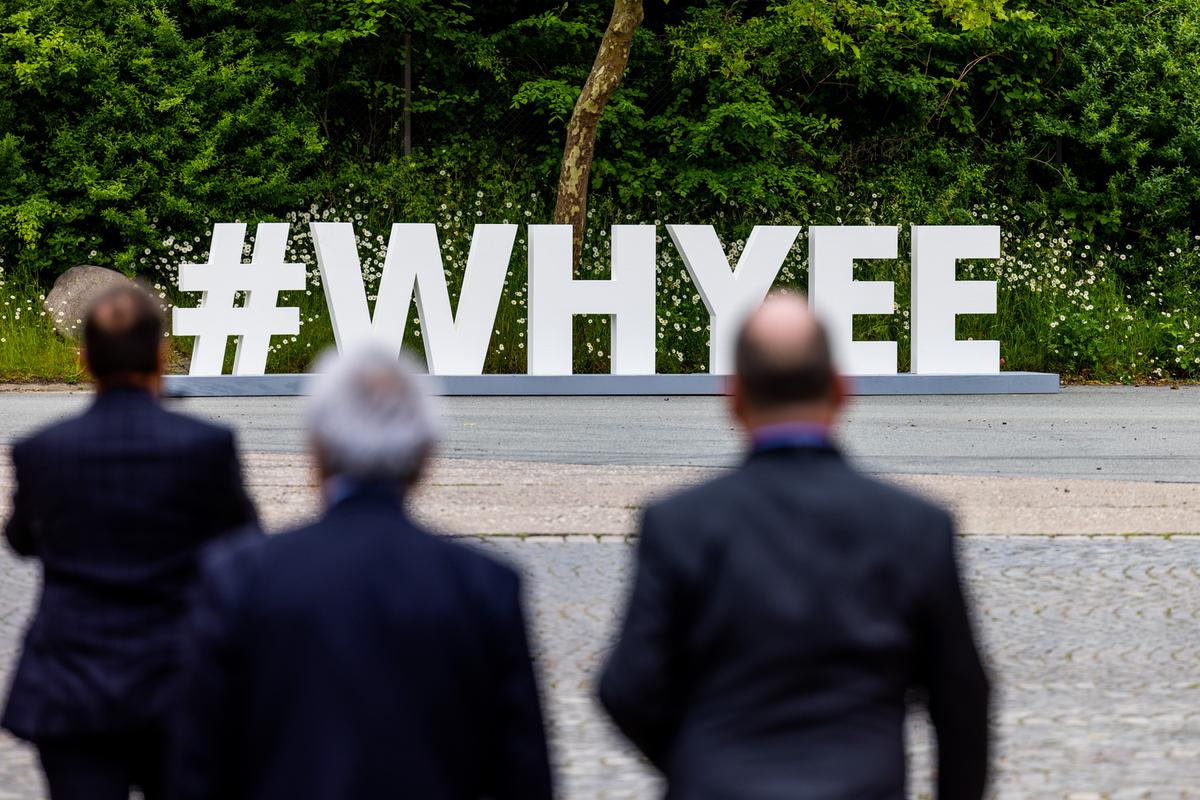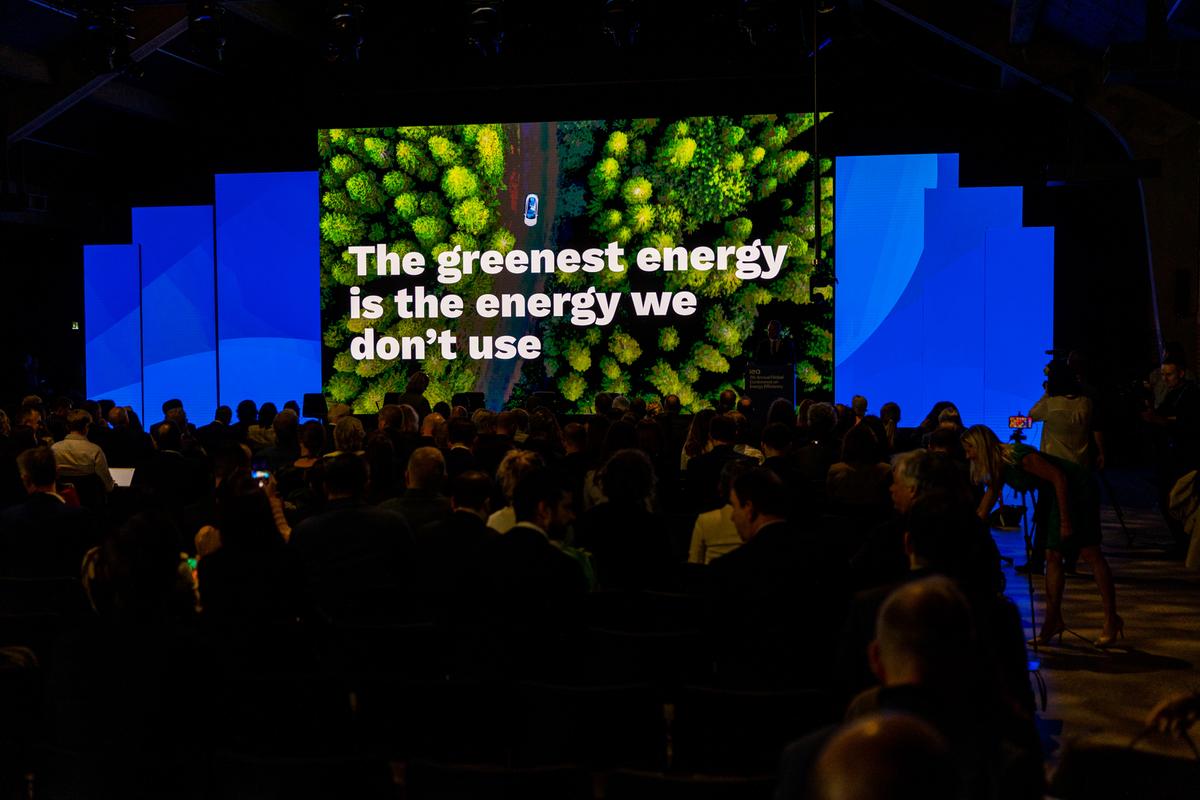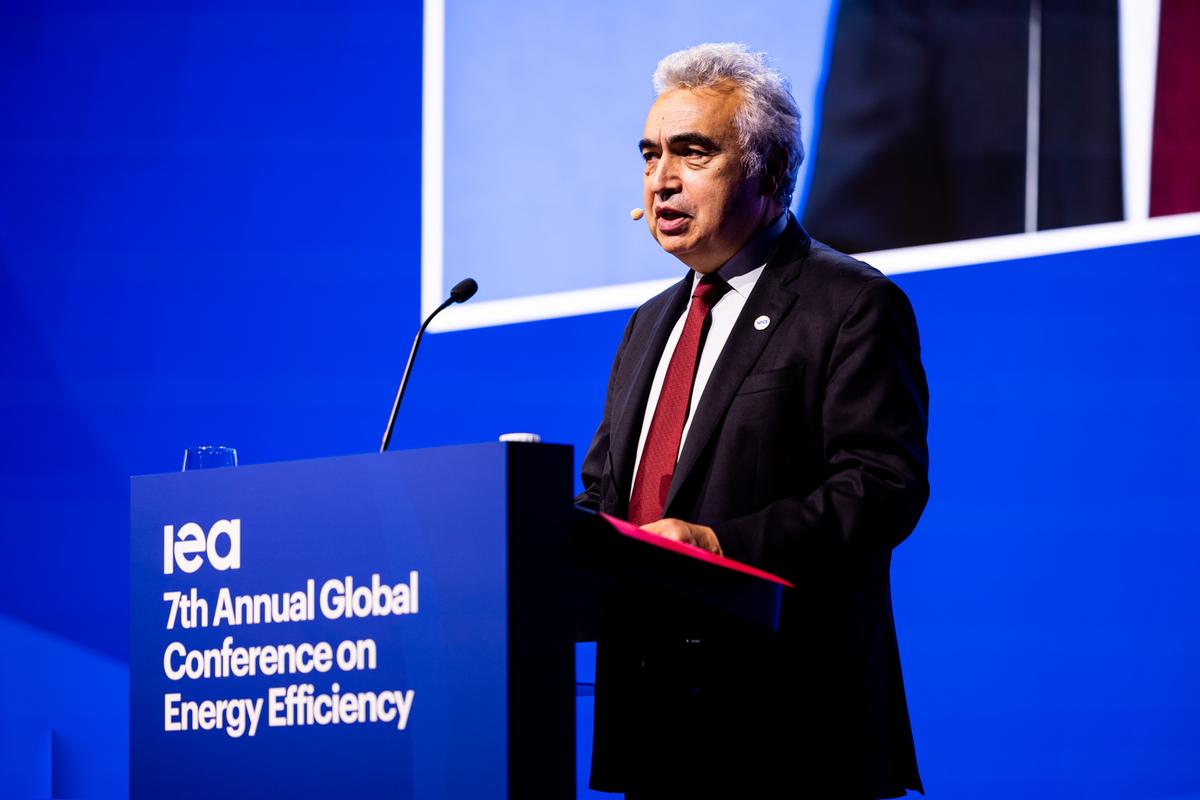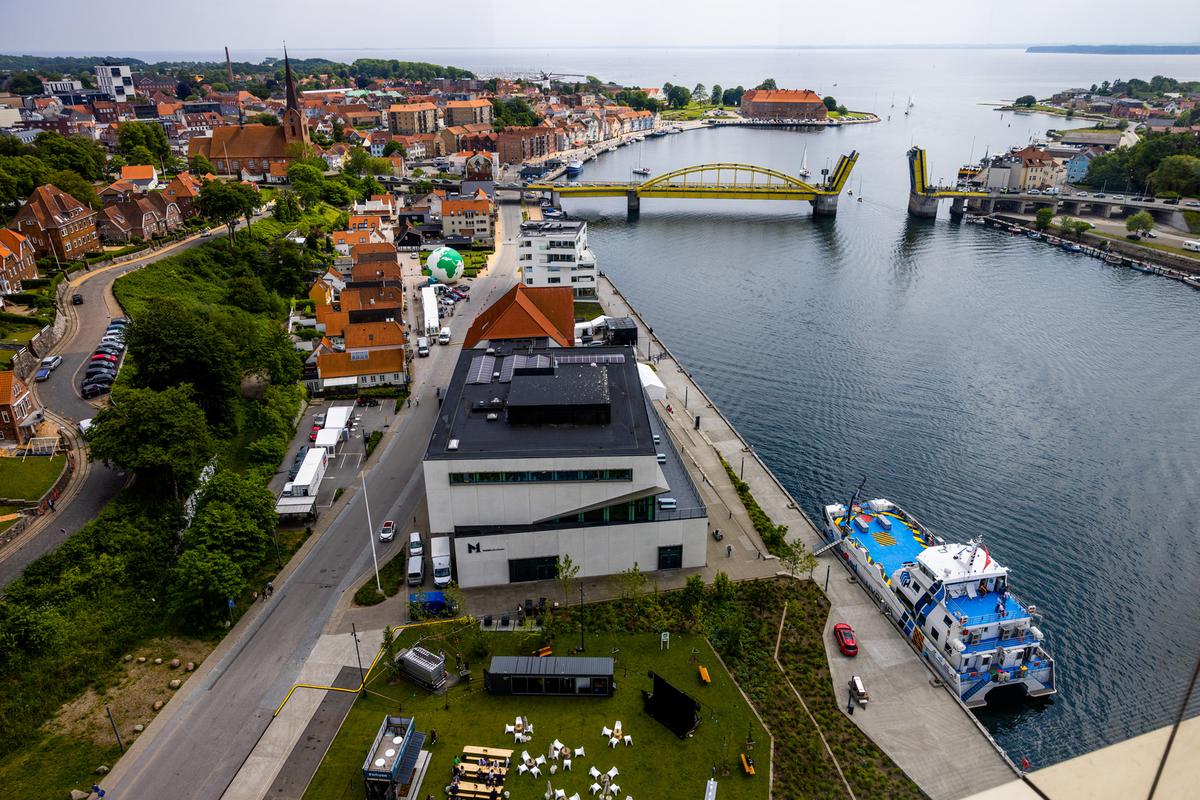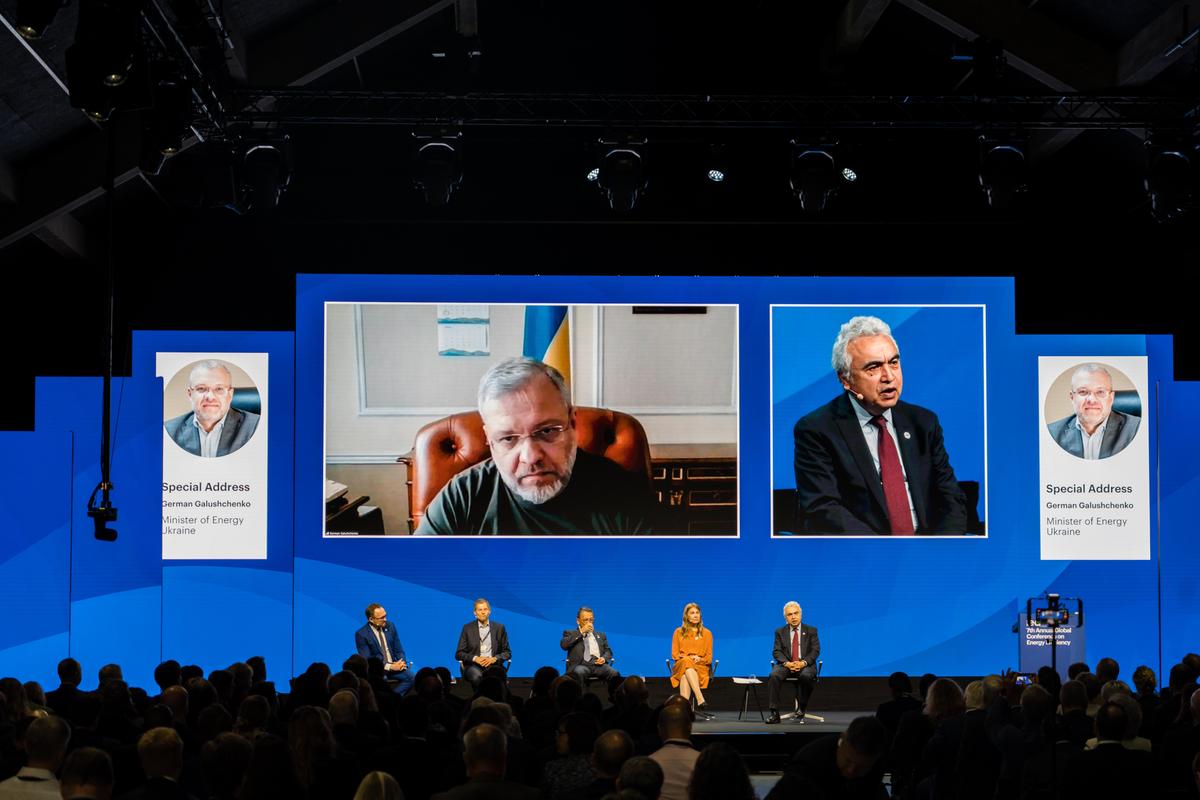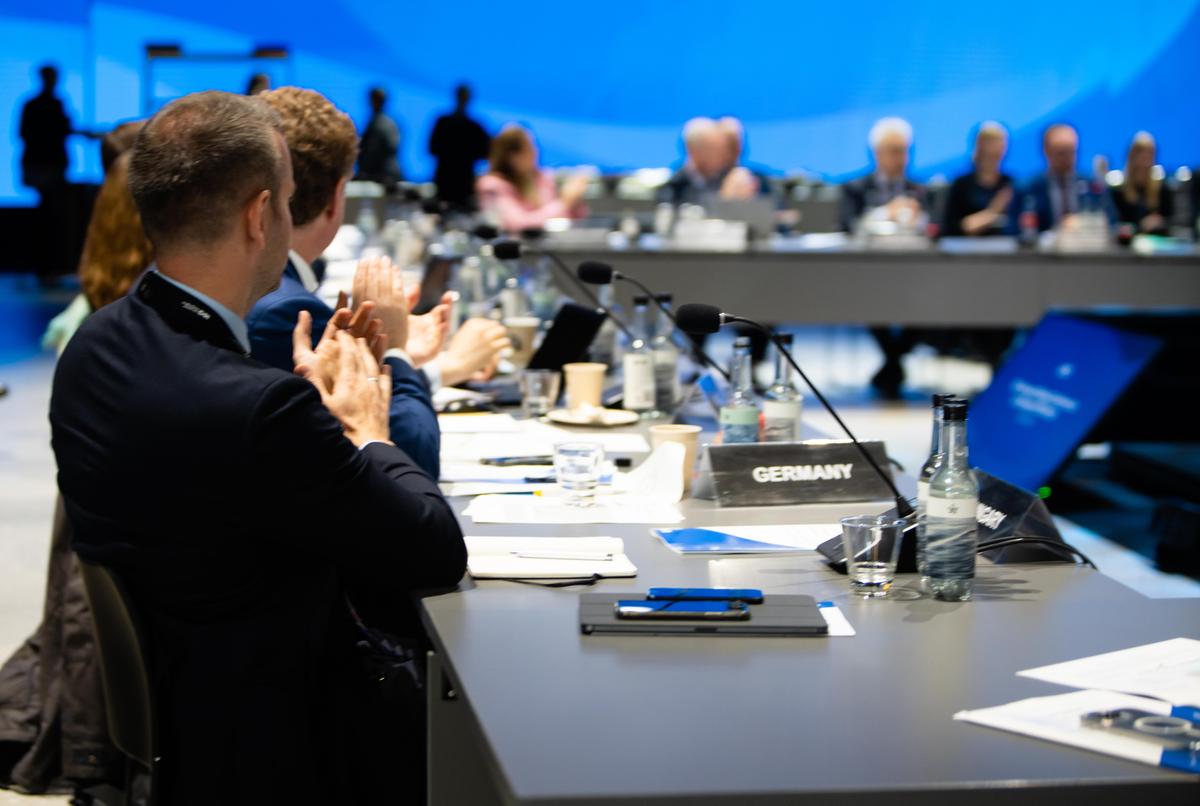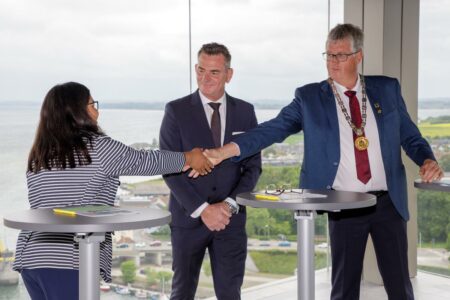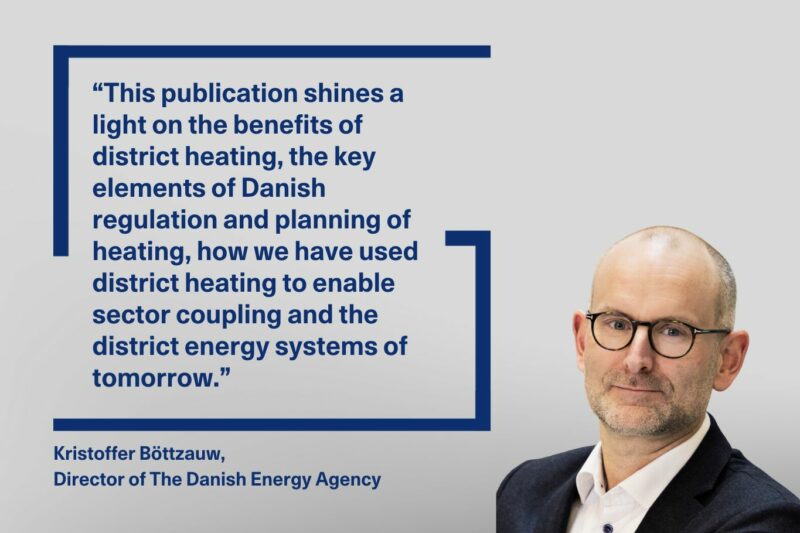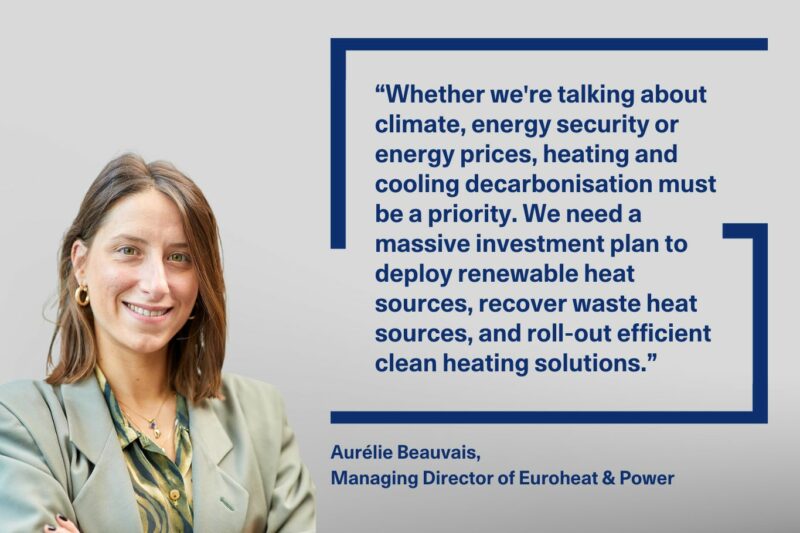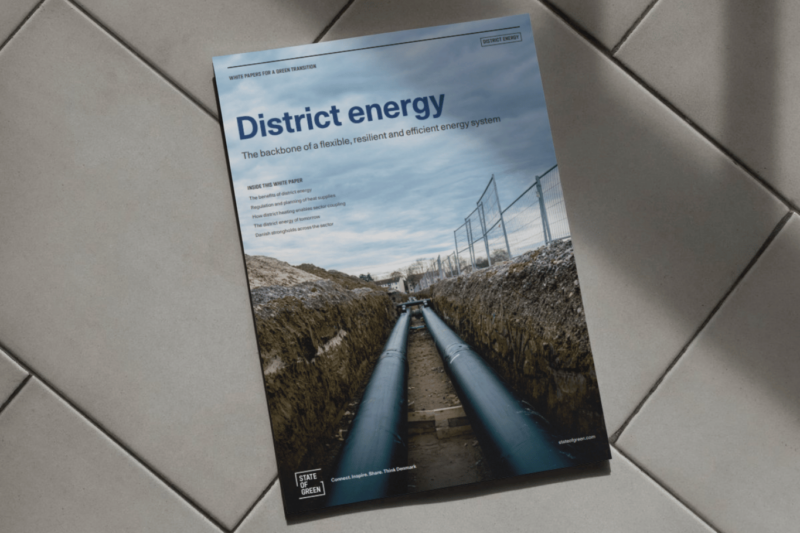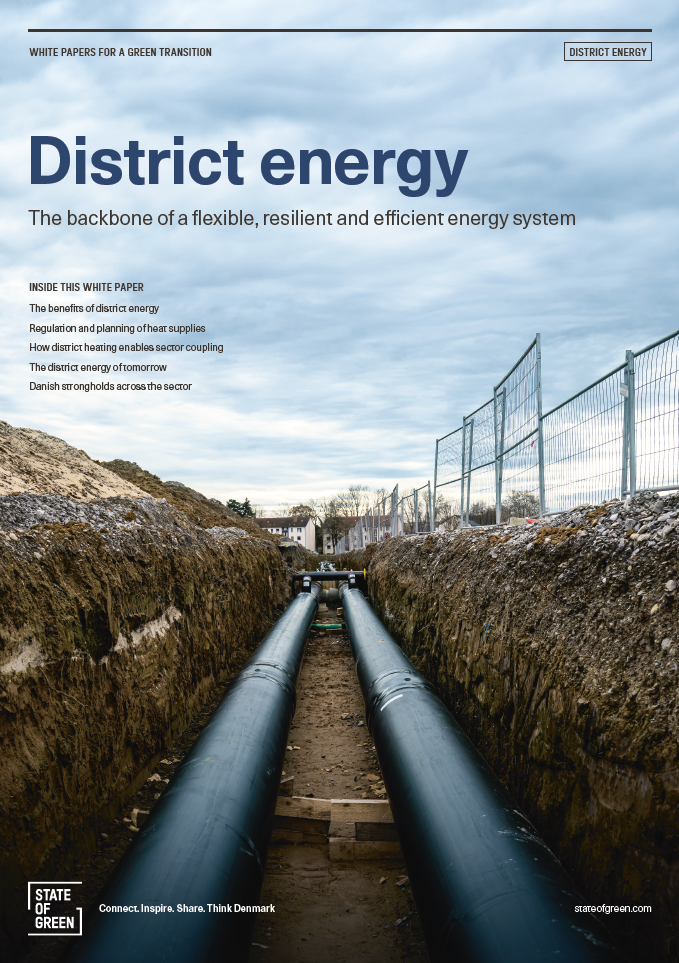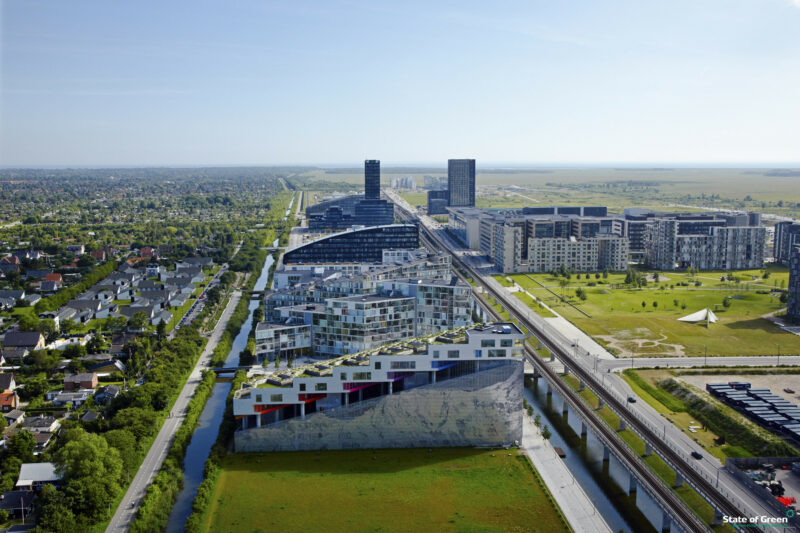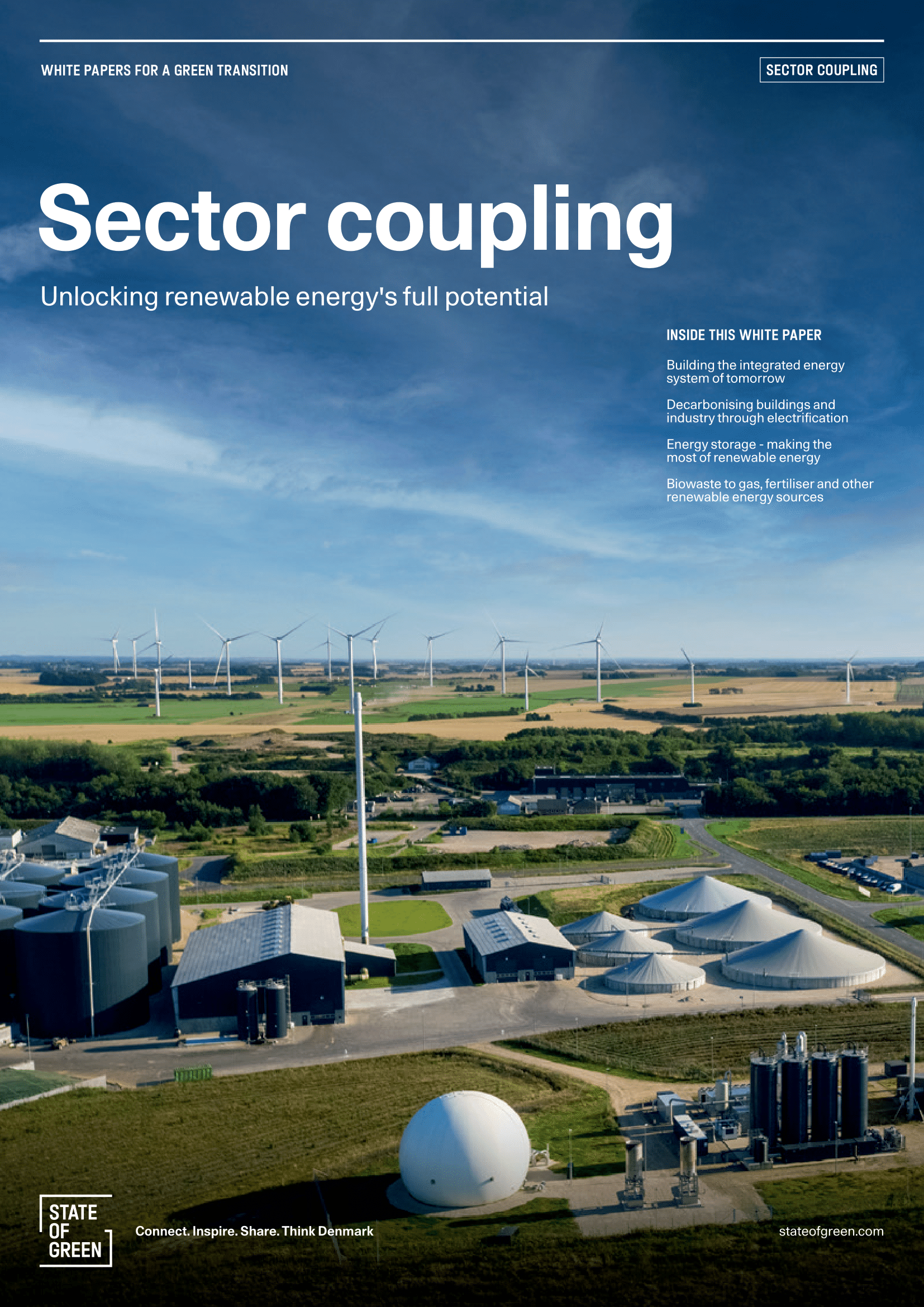News
Buildings
Energy efficiency in buildings
Energy efficiency in industry
+8
World leaders turbocharge progress in the global capital of energy efficiency
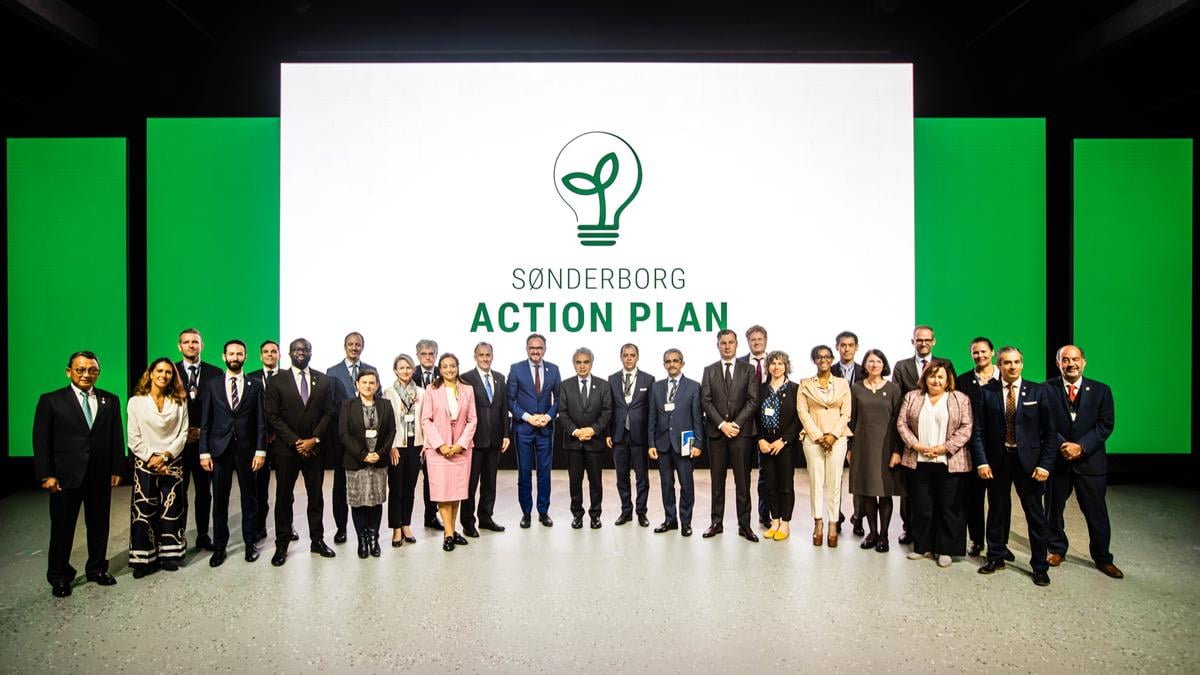

More than 40% of the reductions needed to meet the Paris Agreement could come from energy efficiency, with another 36% from a switch to renewables.
With the world contending with its biggest energy crisis since the 1970s, the IEA’s 7th Annual Global Conference on Energy Efficiency focussed on how to implement measures quickly to reduce energy use, ease cost pressures on consumers, cut reliance on fuel imports, and drive progress towards climate goals – while supporting job creation and economic growth.
Held in the newly dubbed “Global Capital of Energy Efficiency”, Sønderborg acted as a global showcase of energy-efficient solutions and technologies. On the main conference day on June 8, leaders in industry, government, and civil society leaders discussed issues such as buildings of the future, the role of consumer behaviour, and how to unlock financing for efficiency measures. The following day included a unique closed-door session where Ministers from around the world shared best practices on how to accelerate progress.
The Global Conference on Energy Efficiency was jointly organised by the IEA and Denmark’s Ministry of Climate, Energy and Utilities, with support from the Danish engineering company Danfoss. During the conference, State of Green hosted a number of technological showcases for leaders and global media outlets.
IEA Executive Director Dr. Fatih Birol
“Energy efficiency is a critical solution to so many of the world’s most urgent challenges – it can simultaneously make our energy supplies more affordable, more secure and more sustainable. But inexplicably, government and business leaders are failing to sufficiently act on this. The oil shocks of the 1970s set in motion major advances in efficiency, and it is utterly essential that efficiency is at the heart of the response to today’s global energy crisis. The leaders meeting at the IEA Global Conference on Energy Efficiency need to make this the moment when the world hits the accelerator on efficiency – or we may fail to respond to the current energy crisis properly and pay the price for years to come.”
Denmark’s Minister of Climate, Energy and Utilities Dan Jørgensen:
“It’s no longer a question of whether we should implement more energy efficient solutions and technologies globally – it’s a question of how we are going to do that. By increasing our energy efficiency, we can reduce our dependence of Russian oil and gas completely and move closer to achieving climate neutrality. The conference in Sønderborg and the gathering of energy and climate leaders from various sectors and all parts of the world is an important step in the right direction.”
Danfoss President and CEO Kim Fausing:
“If the world is to meet climate goals to limit global warming, energy efficiency measures must be prioritized. A third of the reduction needed in CO2 emissions this decade according to the IEA net zero scenario must come from improvements in energy efficiency. The good news is that the solutions are there to improve energy efficiency in all sectors. We don’t need to wait. We need action because the greenest energy is the energy we don’t use.”
The value of urgent action on energy efficiency
During the Global Conference, the IEA released its latest report underscoring the vital role of energy efficiency and energy saving in addressing the crippling impacts of the spike in energy prices, strengthening energy security, and tackling climate change. The following highlights show that stronger efficiency measures can reduce energy bills, fuel imports, and greenhouse gas emissions quickly and significantly:
- Faster progress on energy efficiency and related avoided energy demand measures has the potential to avoid 95 EJ (exajoule) a year of final energy consumption by the end of this decade. This is equivalent to the current energy consumption of China.
- That level of savings would reduce CO2 emissions by an additional 5 gigatonnes per year by 2030, about a third of the total emission abatement needed in the IEA’s Net Zero Emissions by 2050 Scenario. In comparison, current EU energy-related emissions including industrial processes are around 2.5 gigatonnes per year, whilst the United States is 4.3 Gt per year, North America 5.2 Gt per year.
- For households alone, enhanced efficiency-related actions could contribute to lowering the global energy bill by at least USD 650 billion a year by 2030.
City of Chicago and Sønderborg Municipality sign a memorandum of understanding on energy efficiency
During the Global Conference, the City of Chicago and Sønderborg Municipality signed an agreement to cooperate on energy efficiency. Both cities are focused on energy optimisation to benefit both their residents and the planet. The agreement creates a platform for sharing knowledge and experiences with everything from policy development and regulation to research and innovation. The Consulate General in Chicago will facilitate exchange visits between experts, regulatory actors, and relevant commercial actors as well as arrange joint seminars, workshops, and a possible feasibility study on a public building in Chicago. The partnership will contribute to reaching both American and Danish goals to lower greenhouse gas emissions.
Angela Tovar, Chief Sustainability Officer, City of Chicago:
“We are excited to partner with the Sønderborg Municipality as we push forward with our sustainability efforts for the City of Chicago. This memorandum will serve as a key reminder of the importance of partnership and exchange of knowledge as we look for policy solutions to our climate goals.”
Erik Lauritzen, Mayor of Sønderborg Municipality:
We hope with this memorandum of understanding that we can support the City of Chicago’s sustainable ambitions. Sønderborg Municipality is a living demonstration of great energy savings. For example, through our renovation of many municipal buildings, whilst also setting sustainable requirements for new constructions. At the same time, we have skilled companies in Sønderborg Municipality who are strong in technology, smart energy systems and other solutions to minimize emission of carbon. Thus, we have a strong position when it comes to sustainable solutions that can contribute to the City of Chicago’s green transition process. Of course, we also expect to benefit from the agreement.
You should consider reading
publications
Combined heat and power production
+9
